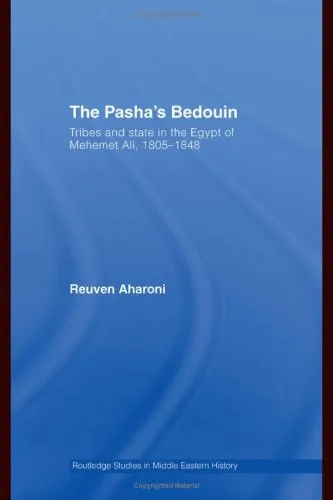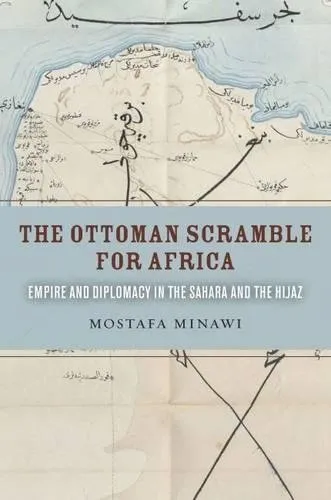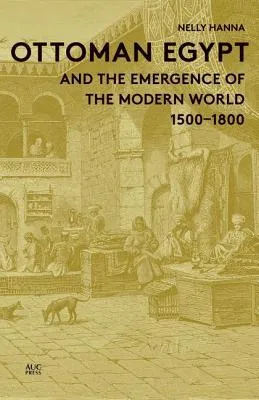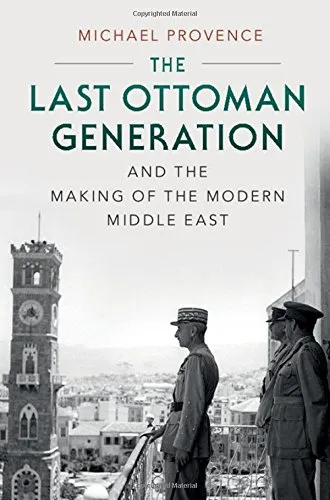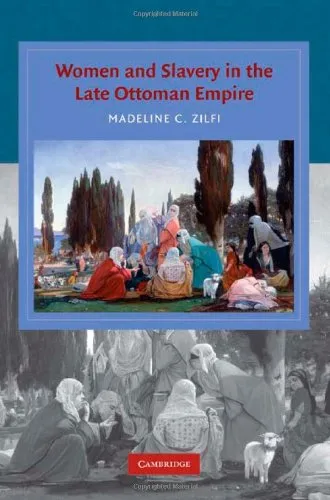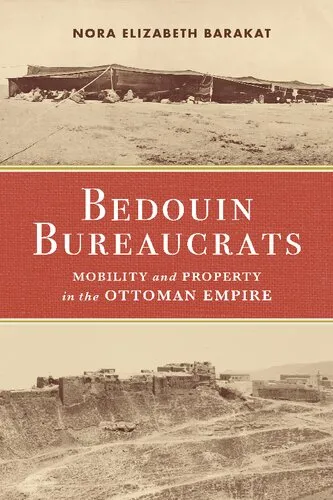The Pasha's Bedouin and Tribes and State in the Egypt of Mehmet 'Ali 1805-1848 (Middle East Studies: History, Politics & Law)
4.0
Reviews from our users

You Can Ask your questions from this book's AI after Login
Each download or ask from book AI costs 2 points. To earn more free points, please visit the Points Guide Page and complete some valuable actions.Related Refrences:
Introduction to "The Pasha's Bedouin and Tribes and State in the Egypt of Mehmet 'Ali 1805-1848"
Reuven Aharoni's "The Pasha's Bedouin and Tribes and State in the Egypt of Mehmet 'Ali 1805-1848" provides a nuanced exploration of the complex relationships between the Bedouin tribes and the state during the rule of one of Egypt's most transformative leaders, Mehmet Ali Pasha. This book offers a deep dive into how modernization efforts and tribal dynamics intertwined in the early 19th century, shaping Egypt's political landscape.
Detailed Summary
This book meticulously examines the interplay between the Egyptian central government and the Bedouin tribes from 1805 to 1848 under Mehmet Ali Pasha, the Ottoman governor who is often credited with modernizing Egypt. Aharoni delves into the policies implemented by Mehmet Ali to consolidate control over the diverse Bedouin tribes, which historically held significant local power and autonomy.
The narrative highlights the dual strategy employed by Mehmet Ali: coercion through military might and persuasion via negotiation and concessions. It discusses how the Pasha sought to harness the tribes’ potential both militarily and economically, integrating them into his modern state-building efforts. Aharoni provides an insightful look into the tribes' responses to these overtures, ranging from acceptance and collaboration to resistance and rebellion.
Through an extensive analysis of historical documents, Aharoni paints a vivid picture of the political, social, and economic contexts of the time. The book explores how the Bedouin identity itself was transformed during this critical period, as the tribes navigated the pressures of being incorporated into a centralizing and modernizing state framework.
Key Takeaways
- State-Building Dynamics: The book elucidates the complex processes of state-building in 19th-century Egypt, highlighting the role of tribes in this transformation.
- Tribal Responses: A nuanced understanding of how Bedouin tribes negotiated their identities and autonomy amidst external pressures.
- Transformation of Power Structures: Insight into how Mehmet Ali's policies altered traditional power dynamics within the region.
- Strategic Policies: An exploration of the strategic balance between coercion and diplomacy in state governance.
Famous Quotes from the Book
"To understand the evolution of modern Egypt, one must first comprehend the delicate dance between tribal autonomy and state centralization."
"Mehmet Ali’s legacy is not simply in his reforms, but in his vision to incorporate the varied fabrics of Egyptian society into a singular national tapestry."
Why This Book Matters
This book is crucial for scholars and readers interested in Middle Eastern history, state formation processes, and tribal dynamics. By focusing on a pivotal era, Aharoni's work provides essential insights into the mechanisms of modernization and centralization that continue to influence contemporary Egypt and the broader Middle East.
Moreover, "The Pasha's Bedouin" showcases the importance of understanding historical tribal-state interactions, offering lessons applicable to various geopolitical contexts where similar dynamics are at play. As the world grapples with issues of state control and regional autonomy, the book's themes resonate, highlighting enduring challenges in governance and nationalism.
Free Direct Download
Get Free Access to Download this and other Thousands of Books (Join Now)
For read this book you need PDF Reader Software like Foxit Reader
Accessing books through legal platforms and public libraries not only supports the rights of authors and publishers but also contributes to the sustainability of reading culture. Before downloading, please take a moment to consider these options.
Find this book on other platforms:
WorldCat helps you find books in libraries worldwide.
See ratings, reviews, and discussions on Goodreads.
Find and buy rare or used books on AbeBooks.
